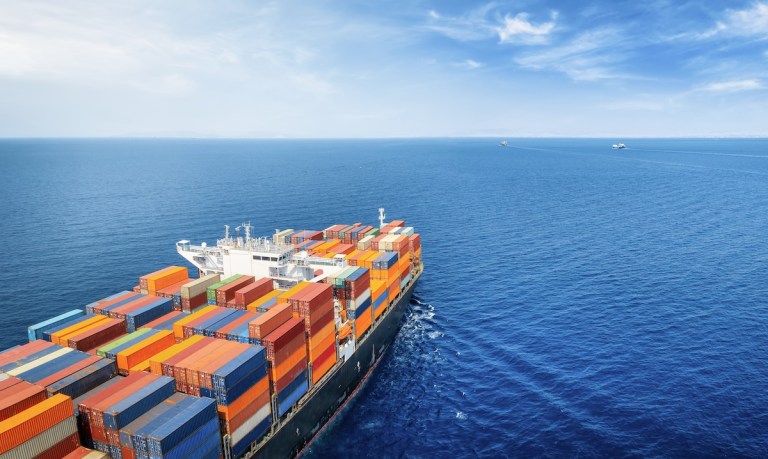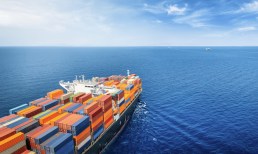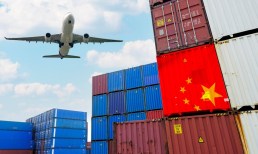Report: ‘Ships Are Filling Up’ Following Trump’s Tariff Pause

Freight orders are reportedly surging despite ongoing tariff-related uncertainty.
President Donald Trump’s decision to pause tariffs in every country other than China caused importers to relax, CNBC reported Thursday (April 10).
Andrew Abbott, CEO of Atlantic Container Line, which handles trade between Europe and North America, said in the report that freight “holds” that followed tariffs have been released and bookings have swelled since the pause.
“We are seeing order[s] in everything from construction equipment, engines, truck parts, dinnerware, cranes, agriculture equipment and booze among a lot [of] others,” Abbott said, per the report. “The ships are filling up.”
The European Union decided to hold off on introducing retaliatory tariffs on a range of U.S. goods for 90 days, the report said.
Paul Brashier, vice president of global supply chain for ITS Logistics, said bookings were being canceled at origin as the Wednesday (April 9) tariff date approached, per the report. However, now that the tariffs are paused, orders from those regions could be rebooked.
Still, shipping executives are worried in places like Mexico, as there was no change on the tariffs already in effect there and in Canada, according to the report.
For import-reliant businesses, tariffs are not only a temporary cost spike but also strategic inflection points.
As global trade becomes more complicated and politically thorny, chief financial officers are moving beyond traditional finance functions to become architects of global supply chain strategy. Their job is no longer just to absorb or pass through costs but to proactively reconfigure their businesses to flourish under new tariffs.
At the same time, the PYMNTS Intelligence report “Brewing Storm: Why 1 in 5 Smaller Businesses Without Financing Fear They May Not Survive Tariffs” found that half of small- to medium-sized businesses (SMBs) rely solely on their daily sales or owners’ personal savings to survive.
“Even the heads of some of the world’s largest firms are warning of the impact of the new trade landscape,” PYMNTS reported Wednesday. “Tariffs may be political tools, but their impacts are intensely operational. By leaning into trade strategy rather than reacting to it, CFOs can help their companies pivot faster, negotiate smarter and ultimately grow stronger.”
For all PYMNTS B2B coverage, subscribe to the daily B2B Newsletter.



